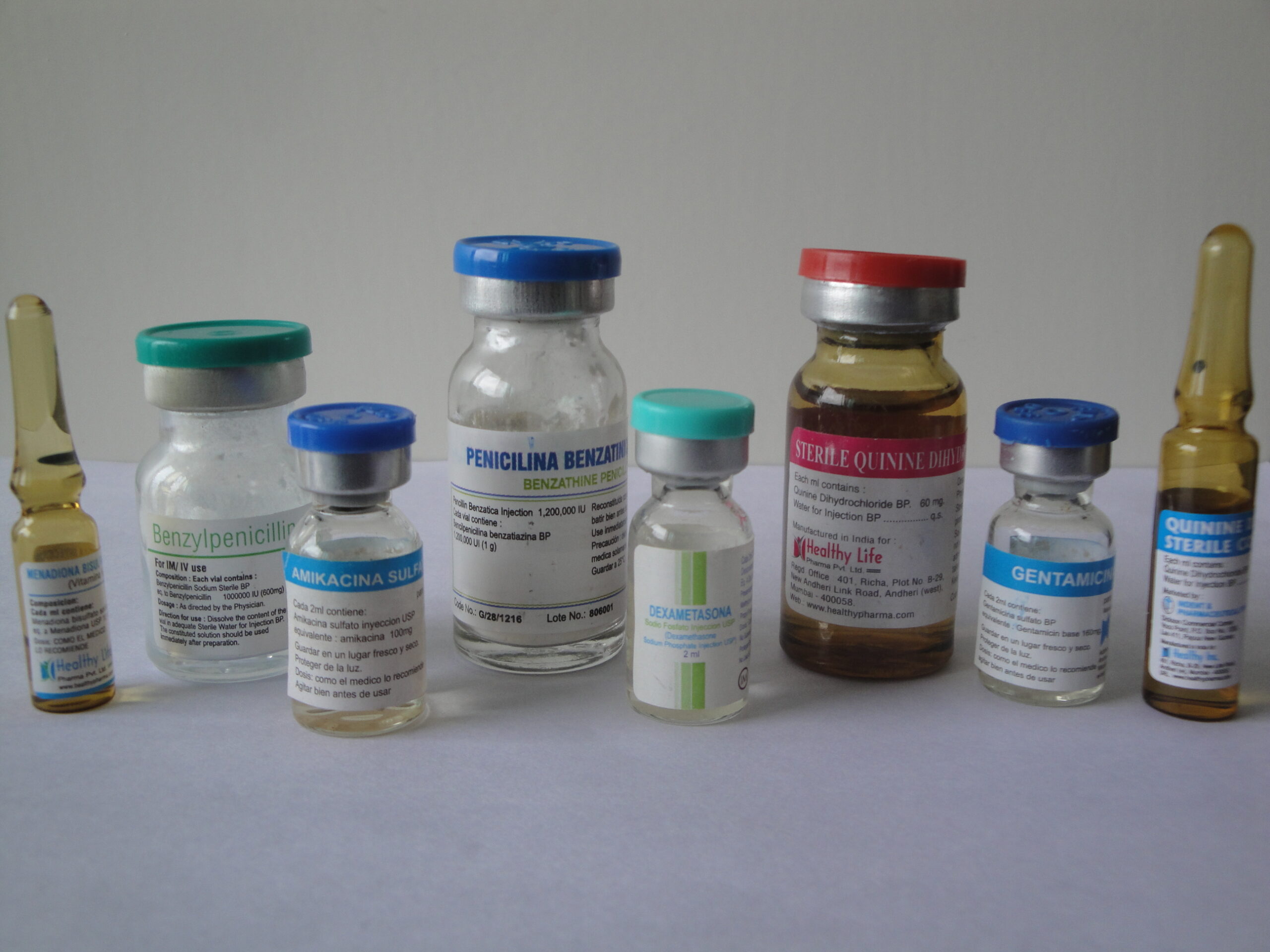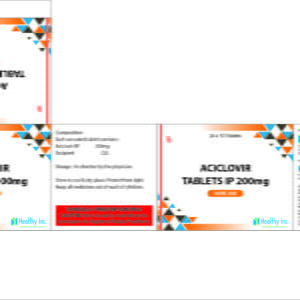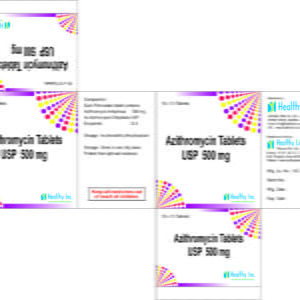Description
Vit.-A 600000I.U. veterinary injection
Vitamin A injections for veterinary use are commonly administered to address vitamin A deficiencies in animals. Vitamin A is essential for various physiological functions, including vision, immune system support, and maintenance of skin and mucous membranes. Here are some common scenarios where vitamin A injections might be used in veterinary medicine:
Treatment of Vitamin A Deficiency: Animals, particularly those on inadequate diets or suffering from malnutrition, may develop a deficiency in vitamin A. Vitamin A injections can help address this deficiency and prevent associated health issues.
Support for Vision and Eye Health: Vitamin A plays a crucial role in maintaining proper vision and eye health in animals. In cases where there are concerns about eye problems or conditions related to visual impairment, veterinarians may recommend vitamin A supplementation.
Immune System Support: Vitamin A is essential for a healthy immune system. Animals with weakened immune systems, either due to illness or stress, may benefit from vitamin A injections to support their immune response.
Skin Conditions: Vitamin A is known for its role in skin health. Animals with skin conditions, dermatitis, or issues related to the mucous membranes may be prescribed vitamin A injections to aid in the healing process.
Reproductive Health: Vitamin A is also important for reproductive health in animals. Deficiencies can affect reproductive function, and supplementation may be recommended in certain cases.
It’s crucial to note that the specific usage and dosage of vitamin A injections will depend on the individual animal’s health status, species, and other factors. Veterinary professionals are the best source of guidance in determining the appropriate dosage and administration based on the specific needs of the animal.
Always consult with a veterinarian before administering any injections or supplements to ensure the safety and well-being of the animal.
Vitamin A injections for veterinary use are typically administered to address vitamin A deficiencies in animals. Vitamin A is crucial for various biological functions in animals, including vision, immune system function, and the maintenance of skin and mucous membranes.
Here are some common usages for vitamin A injections in veterinary medicine:
Treatment of Vitamin A Deficiency: Animals that are deficient in vitamin A may exhibit symptoms such as vision problems, impaired immune function, and skin issues. Vitamin A injections can be used to supplement and correct deficiencies.
Support for Vision Health: Vitamin A is essential for maintaining proper vision in animals. Injections may be recommended for animals with eye issues or impaired vision due to a lack of vitamin A.
Skin Health: Vitamin A plays a crucial role in the health of the skin and mucous membranes. Injections may be prescribed to address skin conditions related to vitamin A deficiency.
Immune System Support: Vitamin A is known to support the immune system, and injections may be used to boost immune function in animals that are compromised due to a deficiency.
It’s important to note that the dosage and frequency of vitamin A injections should be determined by a qualified veterinarian based on the specific needs of the individual animal. Overdosing on vitamin A can lead to toxicity, causing adverse effects. Always consult with a veterinarian before administering any injections or supplements to ensure the proper and safe use for the specific animal in question.
Vitamin A injections for veterinary use are often prescribed by veterinarians to address specific health issues in animals. Here are some potential usages for a Vitamin A injection with a dosage of 600,000 International Units (I.U.) in veterinary medicine:
Vision Support:
Vitamin A is essential for maintaining proper vision in animals. It plays a crucial role in the function of the retina and is necessary for the synthesis of rhodopsin, a pigment involved in low-light vision.
Immune System Support:
Vitamin A is known to support the immune system, helping animals resist infections and diseases. It plays a role in the development and maintenance of various immune cells.
Skin Health:
Vitamin A is important for skin health and the maintenance of mucous membranes. It can be used to address skin conditions or to support healing after injuries.
Reproductive Health:
Adequate vitamin A is essential for proper reproductive function in animals. It plays a role in the development of the embryo and is crucial for the health of reproductive organs.
Growth and Development:
Vitamin A is involved in the growth and development of animals, including bone development and the maintenance of healthy tissues.
It’s important to note that the specific usage and dosage should be determined by a veterinarian based on the individual needs and health condition of the animal. Excessive vitamin A supplementation can lead to toxicity, so it’s crucial to follow the veterinarian’s recommendations closely.
Always consult with a qualified veterinarian before administering any injections or medications to animals, as they can provide the best advice tailored to the specific circumstances of the individual animal.





